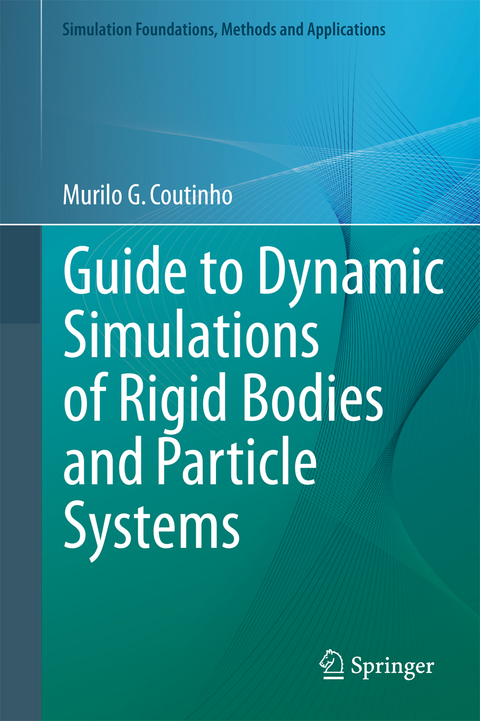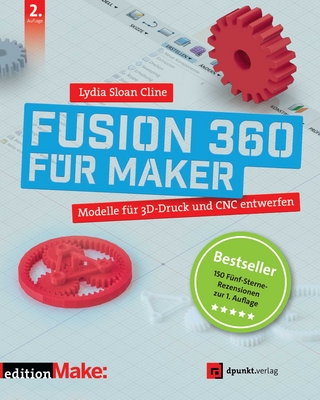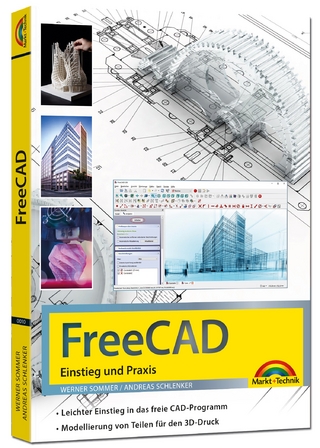
Guide to Dynamic Simulations of Rigid Bodies and Particle Systems
Seiten
2014
Springer London Ltd (Verlag)
978-1-4471-6116-5 (ISBN)
Springer London Ltd (Verlag)
978-1-4471-6116-5 (ISBN)
This book introduces the techniques needed to produce realistic simulations and animations of particle and rigid-body systems. Features: examines the problem of computing an hierarchical representation of the geometric description of each simulated object, as well as the simulated world;
This book introduces the techniques needed to produce realistic simulations and animations of particle and rigid-body systems. The text focuses on both the theoretical and practical aspects of developing and implementing physically based dynamic-simulation engines. Each chapter examines numerous algorithms, describing their design and analysis in an accessible manner, without sacrificing depth of coverage or mathematical rigor. Features: examines the problem of computing an hierarchical representation of the geometric description of each simulated object, as well as the simulated world; discusses the use of discrete and continuous collision detection to handle thin or fast-moving objects; describes the computational techniques needed for determining all impulsive and contact forces between bodies with multiple simultaneous collisions and contacts; presents techniques that can be used to dynamically simulate articulated rigid bodies; concludes each chapter with exercises.
This book introduces the techniques needed to produce realistic simulations and animations of particle and rigid-body systems. The text focuses on both the theoretical and practical aspects of developing and implementing physically based dynamic-simulation engines. Each chapter examines numerous algorithms, describing their design and analysis in an accessible manner, without sacrificing depth of coverage or mathematical rigor. Features: examines the problem of computing an hierarchical representation of the geometric description of each simulated object, as well as the simulated world; discusses the use of discrete and continuous collision detection to handle thin or fast-moving objects; describes the computational techniques needed for determining all impulsive and contact forces between bodies with multiple simultaneous collisions and contacts; presents techniques that can be used to dynamically simulate articulated rigid bodies; concludes each chapter with exercises.
Dynamic Simulations.- Hierarchical Representation of 3D Polyhedra.- Particle Systems.- Rigid-Body Systems.- Articulated Rigid-Body Systems.- Useful 3D Geometric Constructions.- Numerical Solution of Ordinary Differential Equations of Motion Quaternions.- Rigid-Body Mass Properties.- Useful Time Derivatives.- Convex Decomposition of 3D Polyhedra.- Constructing Signed Distance Fields for 3D Polyhedra.- Conservative Time Advancement for Convex Objects.- The Linear-Complementarity Problem.
| Erscheint lt. Verlag | 9.11.2014 |
|---|---|
| Reihe/Serie | Simulation Foundations, Methods and Applications |
| Zusatzinfo | XIV, 402 p. |
| Verlagsort | England |
| Sprache | englisch |
| Maße | 155 x 235 mm |
| Themenwelt | Informatik ► Grafik / Design ► Digitale Bildverarbeitung |
| Mathematik / Informatik ► Informatik ► Theorie / Studium | |
| ISBN-10 | 1-4471-6116-5 / 1447161165 |
| ISBN-13 | 978-1-4471-6116-5 / 9781447161165 |
| Zustand | Neuware |
| Haben Sie eine Frage zum Produkt? |
Mehr entdecken
aus dem Bereich
aus dem Bereich
Modelle für 3D-Druck und CNC entwerfen
Buch | Softcover (2022)
dpunkt (Verlag)
34,90 €
alles zum Drucken, Scannen, Modellieren
Buch | Softcover (2024)
Markt + Technik Verlag
24,95 €


